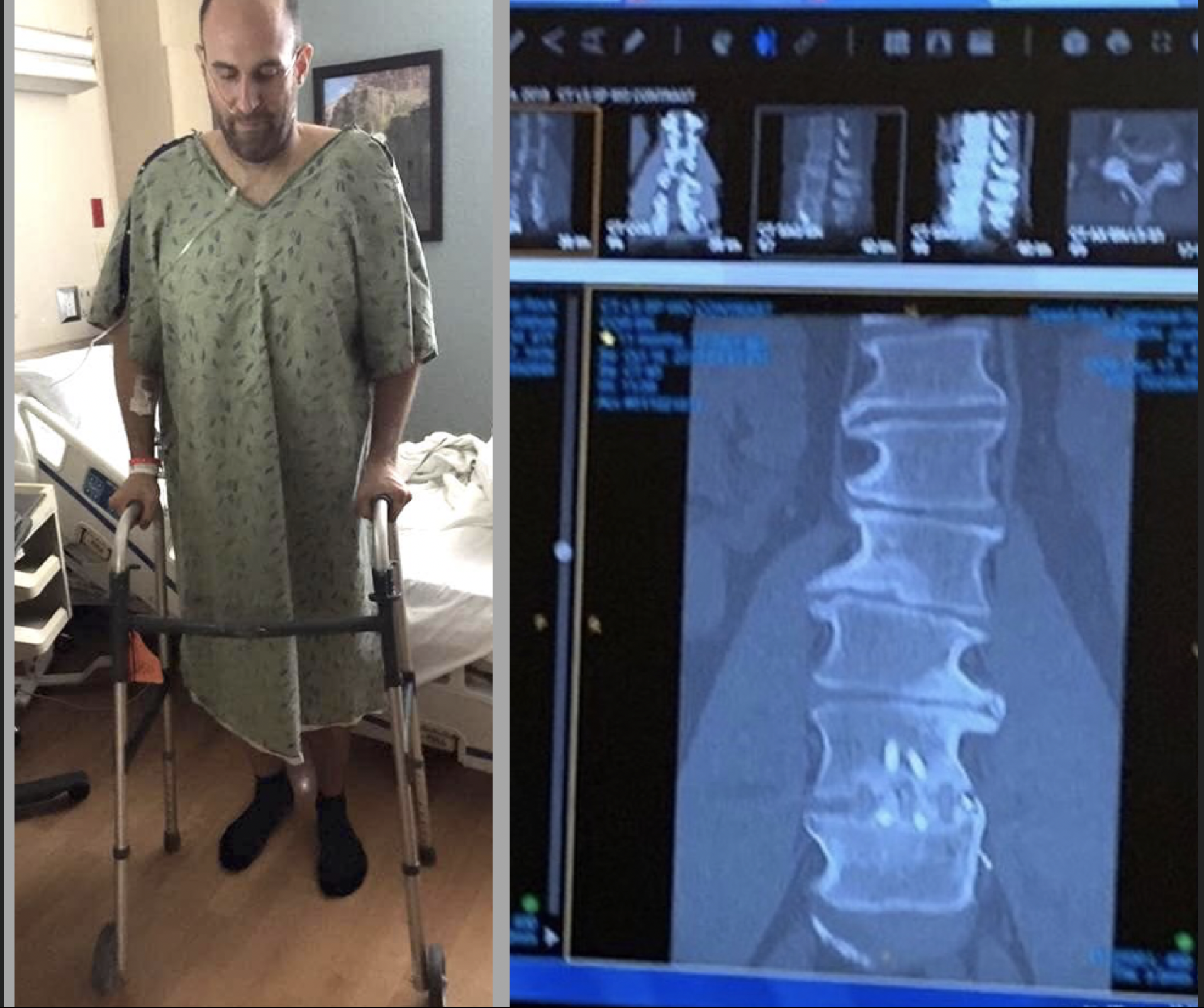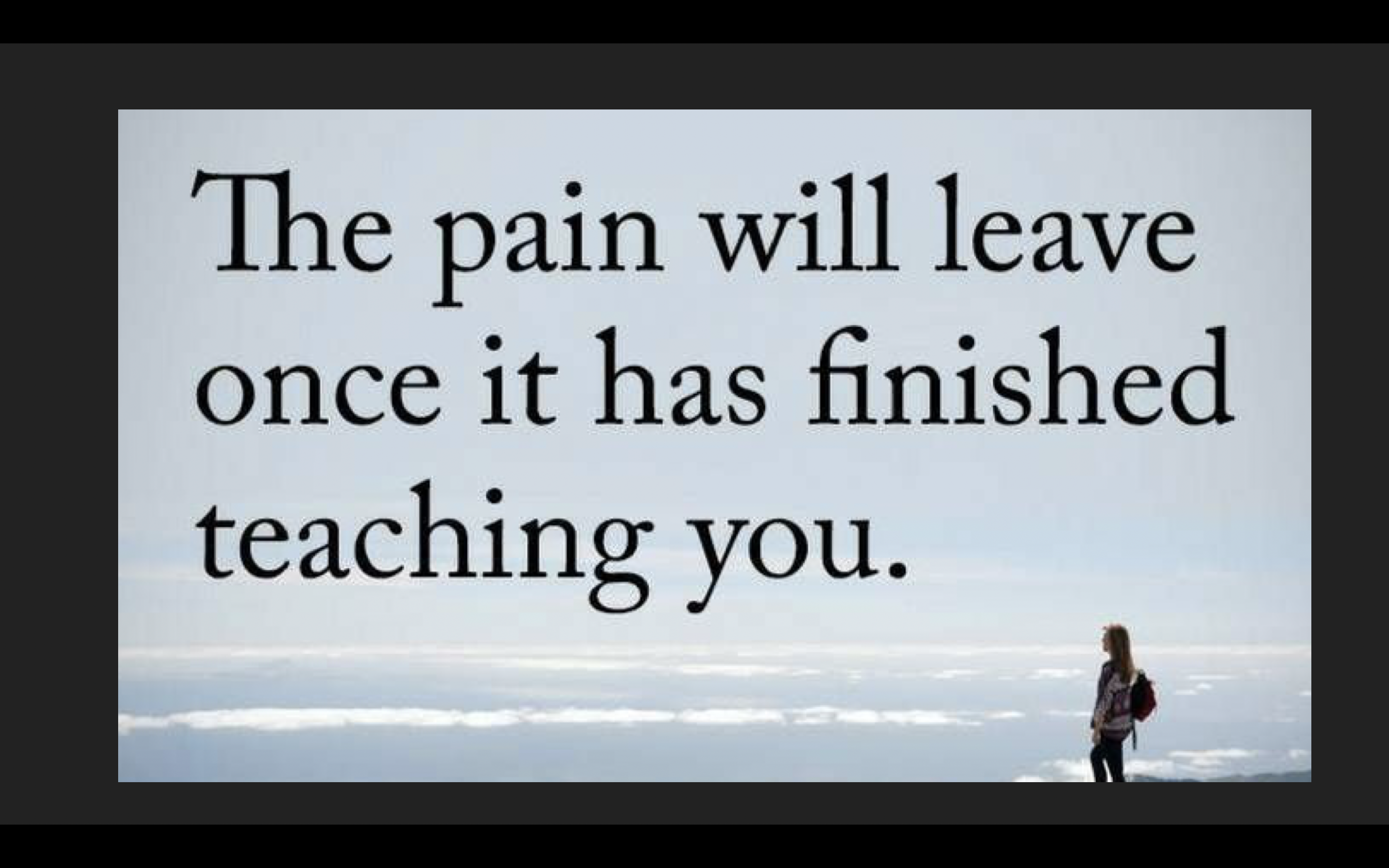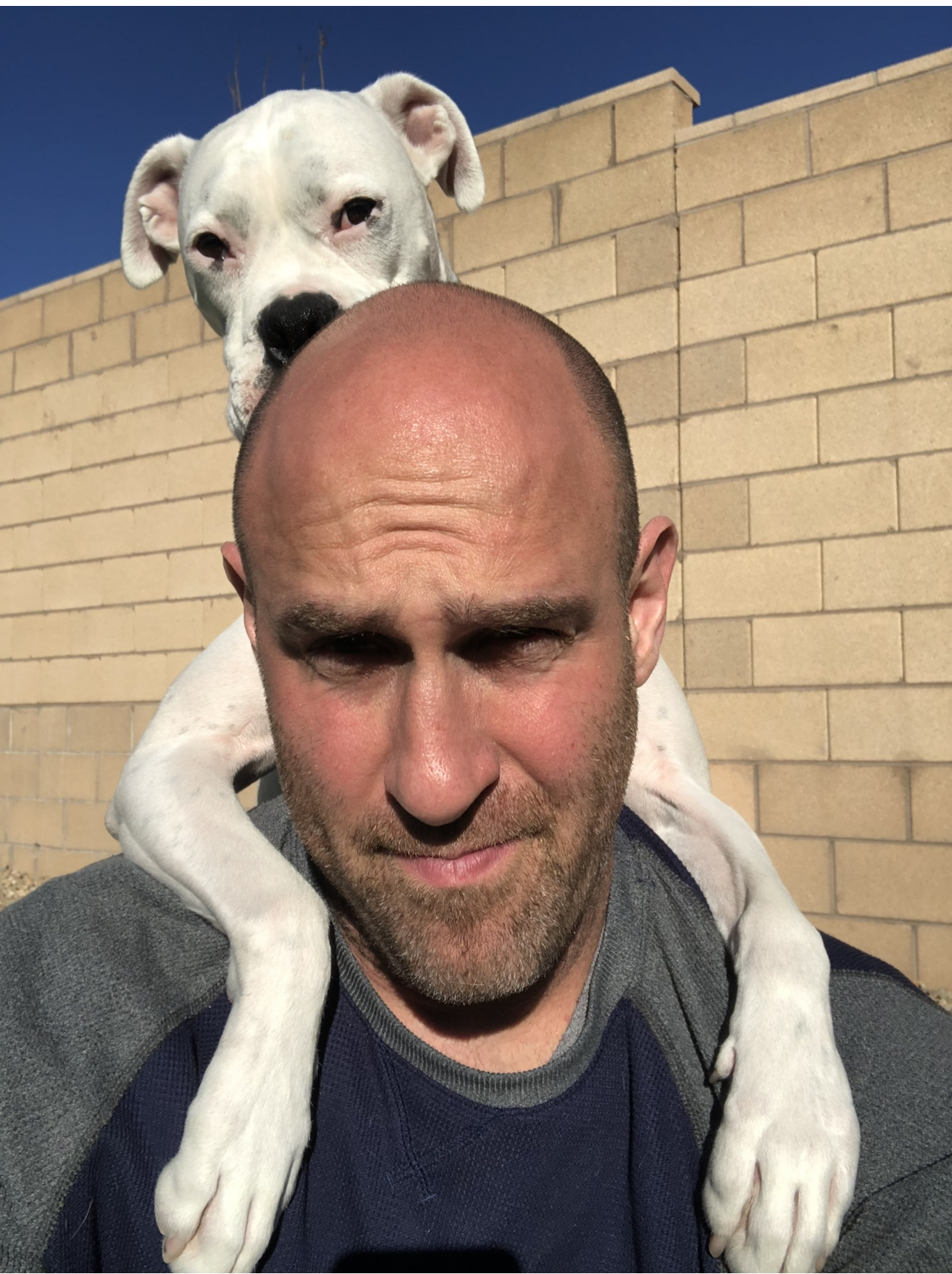My Back Is Broken Now What?! Re-Thinking Low Back Pain
2024-05-20
TRUST ME, few people would get the idea of being “broken” like I would. At almost 48 years old, I have spent 34 years dealing with low back issues. That means most of my life has been dealign with back pain and feeling like I was broken. When I was 14 I herniated two discs in my back in a high school basketball game that it took me 6 months to really recover from and doctors told e that I had a rare aggressive degenerative disease and I was going to probably have issues my whole life.
That sucks, so trust me, I get the idea of feeling like you and your back are broken!

What I want to tell you though is that you are NOT as broken as you may believe! When people have back pain, it is TOTALLY normal want to find out why and you SHOULD! Except the research shows that for 90% of people with back pain there is no obvious spine cause of their pain (1). I know, you were told you had a building disc, maybe even a herniated disc, trust me, I know!
Here is something that may shock you though, research has shown again that 85% of people will recover from the pain of a herniated discs without really much of any intervention (2). I do have to say those that have abnormal neurological examination or the pain increases should definitely be more proactive with their doctor. I am an unusual case, my surgeries started when I had TERRIBLE pain going down my leg and was completely unable to use my leg and was actually rushed for emergency surgery in an ambulance because my disc from my 14 year old injury was now pressing on my spinal cord. ABSOLUTELY make sure to see your doctor, but ask some important questions…
-Is imaging consistent with your symptoms or are the bulging or herniated discs not consistent to the pain symptoms you are having? Just because you have either, doesn’t mean it is WHY you have low back pain in many cases.
-If they say it is, then ask what medications and physical activity would they recommend. Medications can include anti-inflammatories which could help reduce pain and make you more comfortable during the healing phase and give you a greater ability to do movement that would help you recover.
-They probably are going to recommend an anti-inflammatory and some physical therapy. Contrary to what most people think, doctors DO believe in exercise helping low back pain (because they are aware of the great amount of science that backs that up), but they are not trained in what exercise to do, that is where a good physical therapist comes into play.
-What movements should you avoid? Most doctors are going to recommend while you are having pain to probably adhere to the idea of if it hurts, don’t do it. Which honestly, isn’t a terrible idea but some confuse that to not do anything. That isn’t what the majority of doctors actually want you to do!
If people are in that acute phase of low back pain what should they probably focus on doing?
Walking: Research has shown that walking within tolerance can help with low back pain (3). Obviously watch how far you walk, the trail you walk on (are you doing a lot of hills or more flat surfaces), and such.
Research on acute low back pain has also shown that strategies such as acupuncture, dry needling, massage, and chiropractic (you would want to make sure that this is approved by your doctor if you have an acute injury), can be helpful. It is worth noting as well that one should probably look at non-physical factors as well.

Very often when we become overwhelmed by stressors in life and that has been going on for any period of time it can throw our body into a place where we become really sensitive to sensations in our body. When we are chronically stressed our brain can start to interpret these sensations and messages it is getting from the body as pain. If you just experienced a very stressful or even traumatic event and now feel some low back pain, don’t be shocked, that is VERY common. However, it does point to maybe a larger challenge in re-examining one’s priorities and overall lifestyle. I don’t know about you, that makes doing some core training and stretches seem WAY more appealing right?
There is a great benefit to this overall. For one, you are NOT broken, even I am not broken. Yes, I use to think of myself as broken and even functioning with a disability (I was told I was able to go on disability with my condition which actually made that narrative stronger). The issue with believing your are broken is that this actually creates signals in your brain that you are unsafe and actually increases the amount and frequency of painful sensations you experience.
One of the most revolutionary new concepts about not just back pain, but pain in general has been done with Pain Reprocessing Therapy (PRT). In a landmark study, PRT was shown to help make 73% of subjects either pain-free or nearly pain-free at the end of 4 weeks and remained close to this state during a 1-year follow up (4). These were people who had that non-specific low back pain we discussed, but had pain for over a 10 year period.
A big part of this process is to help your brain understand you are safe. Now you might be thinking, “Josh, I have a bulging/herniated disc!” Remember, 85% of people are going to recover in 8-12 weeks with minimal interventions from a herniated disc. What if you are in the 15%? If you aren’t having additional neurological or pain symptoms that are concerning your doctor and causing greater investigations, then looking at a personalized exercise program that identifies specific core stability exercises, mobility training, and overall strength training program can be very helpful. I’ve helped people that have had back issues with specific exercises with just fixing their technique so that is always a possibility as well.
However, you may also want to follow what a study in the Annals of Internal Medicine recommends which is mindfulness-based stress reduction and mind-body practices like our Myofascial Integrated Movement (MIM) drills (5).
I’ll be honest, I can’t do just anything I want, I do have limitations, but I don’t see that as being broken. The way I see it is more closely to an athlete retiring from their sport. We all change and the only thing inevitable is change. Many athletes struggle with retirement because their identity is so closely tied to them being an athlete, there is often even grieving involved. I went through something similar, however, letting go of my ego that was attached to whether or not I could do a heavy deadlift, squat, or sprint and jump was very freeing. For me, those things shouldn’t be my identity because they are just tools to being able to be healthy and enjoy the things in my life that are important to me. Once I was able to let go of being able to do those things as being relevant to my identity, my feeling of being broken went away.
I bring this up because I think many people with back pain often struggle with this the most. In fact, I have personally experienced and talked to many with back pain and not being able to do those things you THOUGHT were really important to who you were can cause you more pain, than the back pain itself. I’m not saying it is easy, but the more you can work on this process, the less suffering and pain you will often experience.
This is A LOT, I know, but having gone through such challenging times myself, I want to really help others who may be really struggling. That is why physical therapist, Jessica Bento and I are putting on our upcoming 6-week online Low Back Pain & Pelvic Control Masterclass so that we can go into depth into the many aspects that can really make a difference in people’s lives. It is also why we are giving 15% off our early bird through this week because we want people to really have access to this impactful information. So, hope you will join us and use code “lowback” HERE through this week!
Reminding yourself what is truly important can go a long way!

References:
- https://www.who.int/news-room/fact-sheets/detail/low-back-pain#:~:text=Cause%20and%20risk%20factors&text=It%20is%20non%2Dspecific%20in,high%20physical%20stress%20at%20work.
- https://www.ncbi.nlm.nih.gov/books/NBK441822/#:~:text=Over%2085%25%20of%20patients%20with,weeks%20without%20any%20specific%20treatments.
- https://pubmed.ncbi.nlm.nih.gov/12709854/#:~:text=These%20findings%20support%20clinical%20recommendations,without%20any%20increase%20in%20pain.
- https://jamanetwork.com/journals/jamapsychiatry/fullarticle/2784694
- Qaseem A, Wilt TJ, McLean RM, Forciea MA; Clinical Guidelines Committee of the American College of Physicians; Denberg TD, Barry MJ, Boyd C, Chow RD, Fitterman N, Harris RP, Humphrey LL, Vijan S. Noninvasive Treatments for Acute, Subacute, and Chronic Low Back Pain: A Clinical Practice Guideline From the American College of Physicians. Ann Intern Med. 2017 Apr 4;166(7):514-530. doi: 10.7326/M16-2367. Epub 2017 Feb 14. PMID: 28192789.
© 2026 Ultimate Sandbag Training. Site by Jennifer Web Design.







